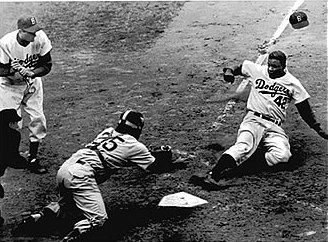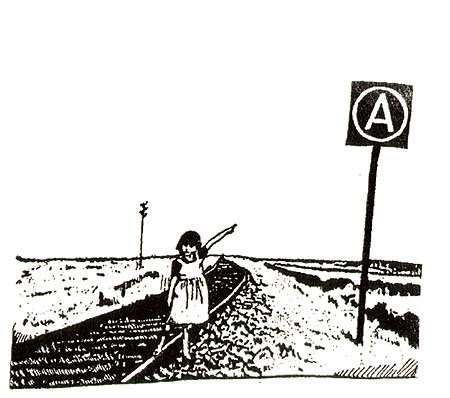|
This is a continuation of our discussion on ketman. I just read a well-timed feature article on Iran in the August 2008 issue of National Geographic Magazine, which emphasizes yet another social practice used by Persians for self-preservation through self-concealment: tárof: |

|
Tárof is an Arabic word, writes author Marguerite del Giudice, that represents a Persian “system of ritual politeness”, typically manifested as an artful but predictable practice of self-deprecation and modesty. Del Guidice cites anthropologist William O. Beeman, who characterizes the practice as “fighting for the lower hand.”

It’s essentially the Persian equivalent for the American
“you da man!” “no, you da man!” protocol.
Curiously, del Guidice contends that the height of tárof is to conceal one’s true feelings, beliefs, and identity:
Being smooth and seeming sincere while hiding your true feelings—artful pretending—is considered the height of taarof and an enormous social asset. “You never show your intention or your real identity,” said a former Iranian political prisoner now living in France. “You’re making sure you’re not exposing yourself to danger, because throughout our history there has been a lot of danger there.”
It’s a peculiar practice for a nation that is thought to have once valued honesty and trustworthiness as much as anything. Were the Persians like this before the Arab Conquest? Did they practice ketman, taqiyya, and this form of tárof before Islám made these practices so necessary?
Exceptions to this rule do remain in Iran, though they remain under substantial pressure to relent. The Bahá’ís and the few remaining Zoroastrians come to mind.
Incidentally, for you cartophiles out there, the issue comes with a beautiful two-sided map of modern Iran and ancient Persia. The latter side is noticeably lacking in detail, but features a depiction of the route of the Royal Road.




